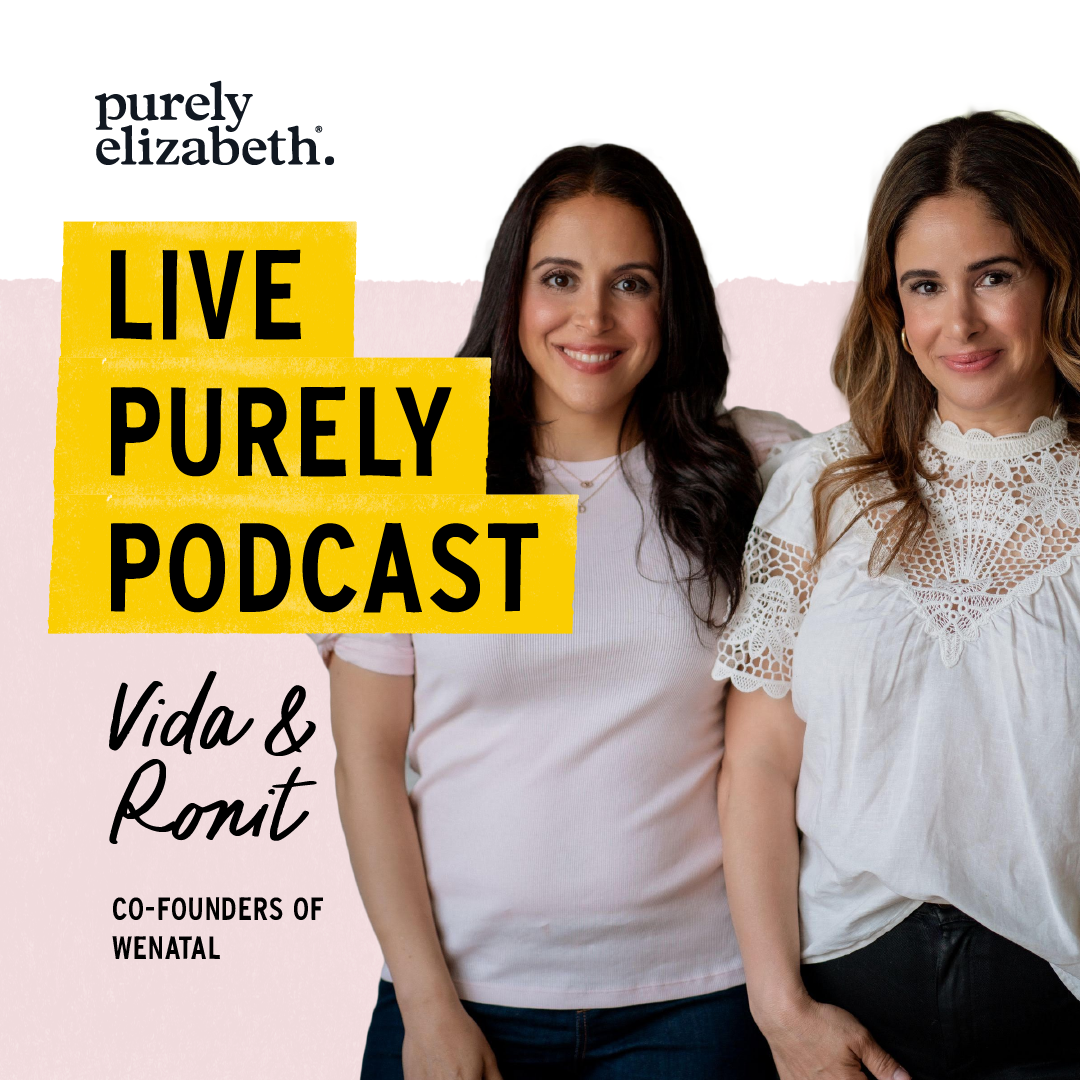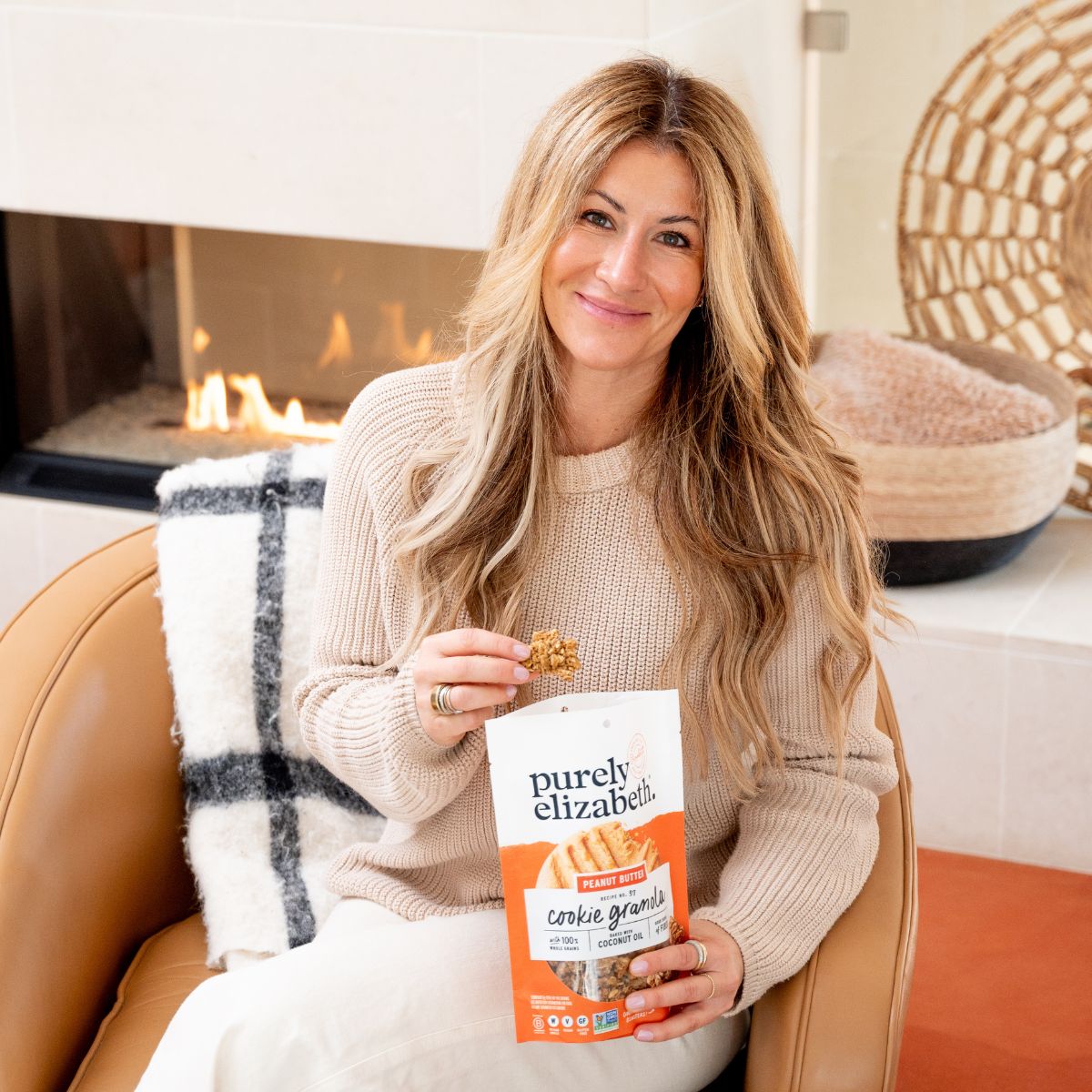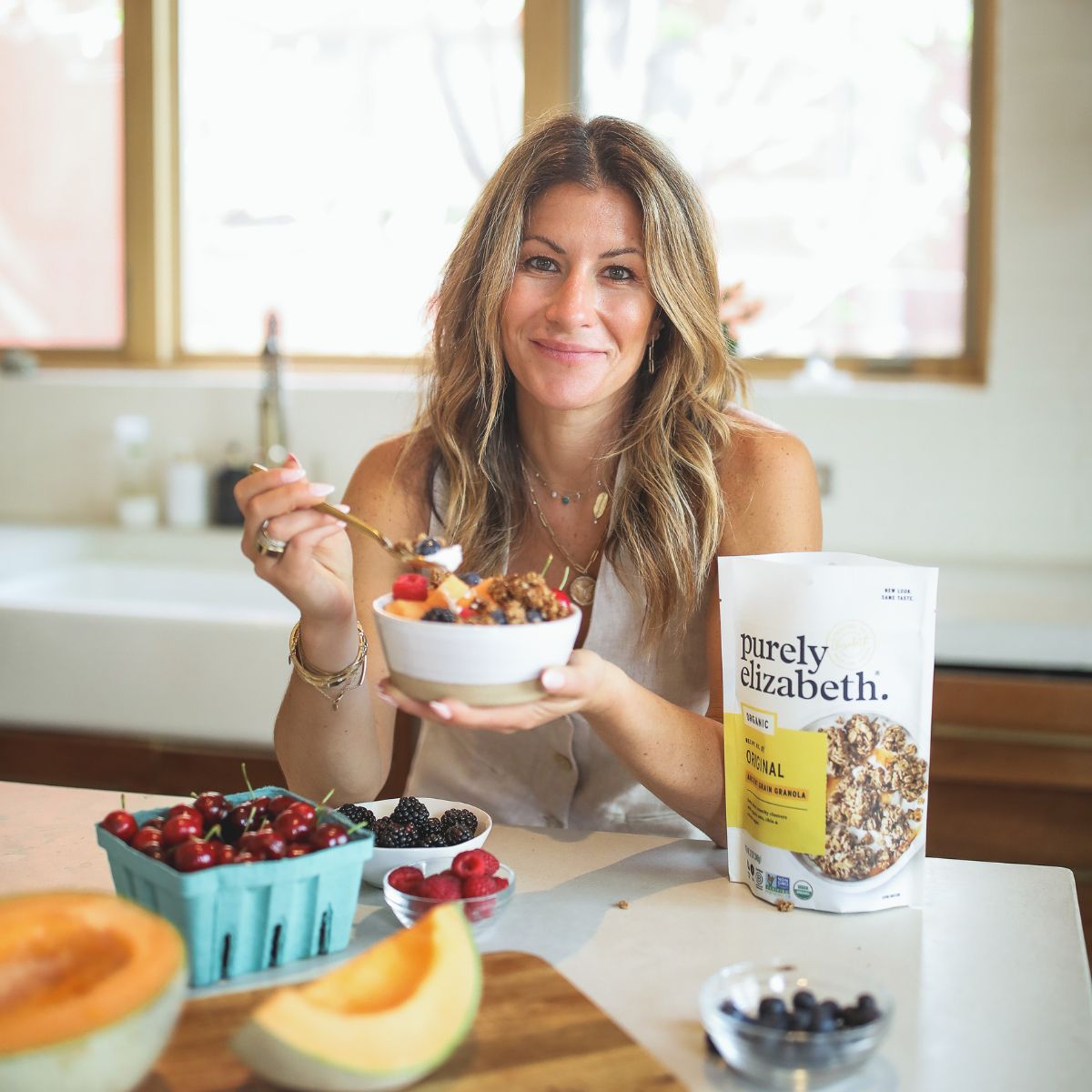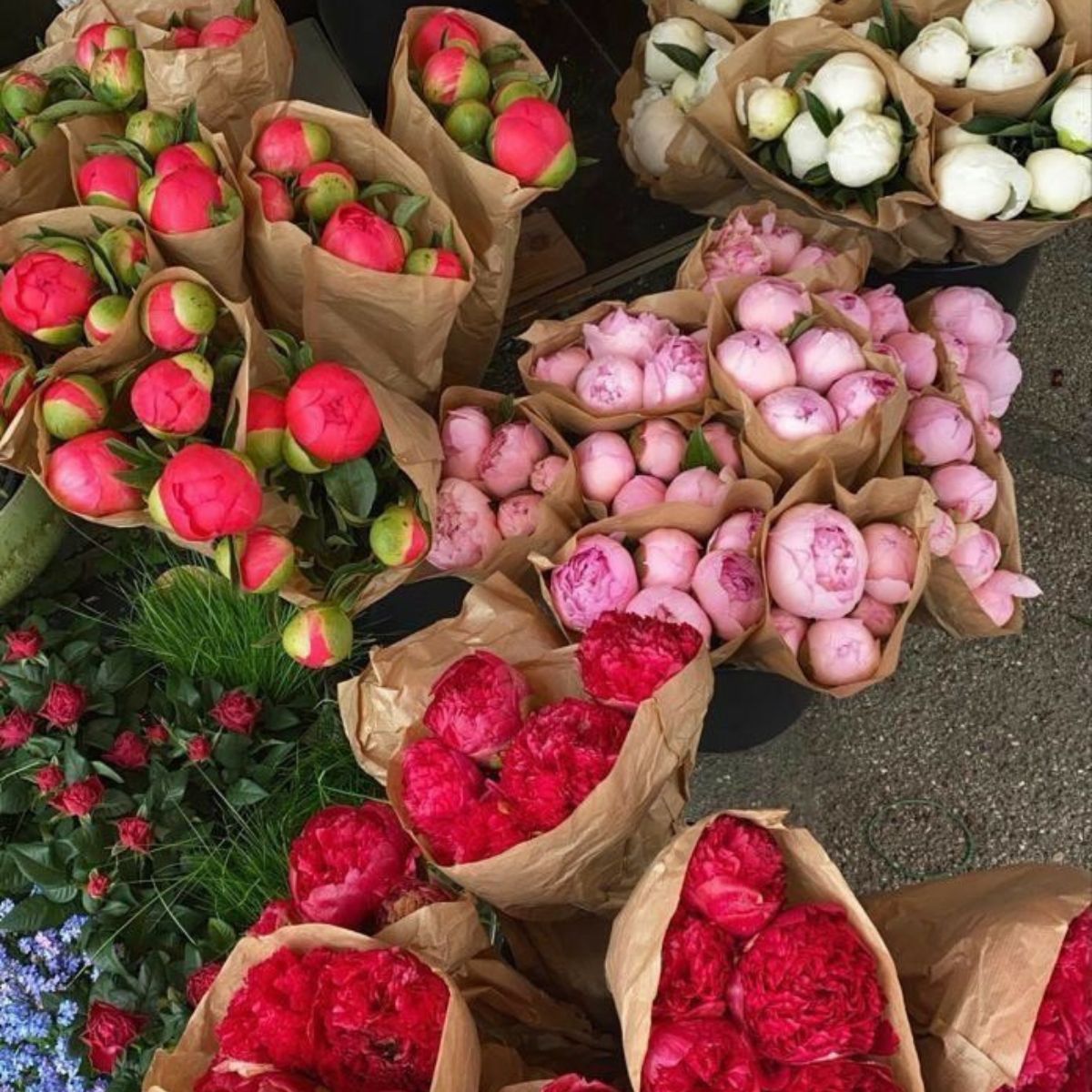This episode explores the word of fertility with Ronit Menashe and Vida Delrahim, the co-founders of WeNatal. After facing personal struggles with miscarriages and noticing a significant gap in male fertility care, they revolutionized the prenatal supplement industry by creating a product that optimizes nutrition for both partners. In their chat with Elizabeth, Ronit and Vida talk more about WeNatal's innovative approach to addressing the global fertility crisis, uncover essential nutrients for reproductive health, and their mission to transform the fertility narrative from individual to collective responsibility. Ronit and Vida share valuable insights on how diet, lifestyle, and stress management significantly impact fertility, and reveal what makes WeNatal stand out in the crowded supplement market.
The WeNatal team has created this great offer to receive a free month supply of their WeNatal Omega DHA+ fish oil ($35) with a purchase of any subscription. (third party tested, small & no fish burps - it's amazing!)











